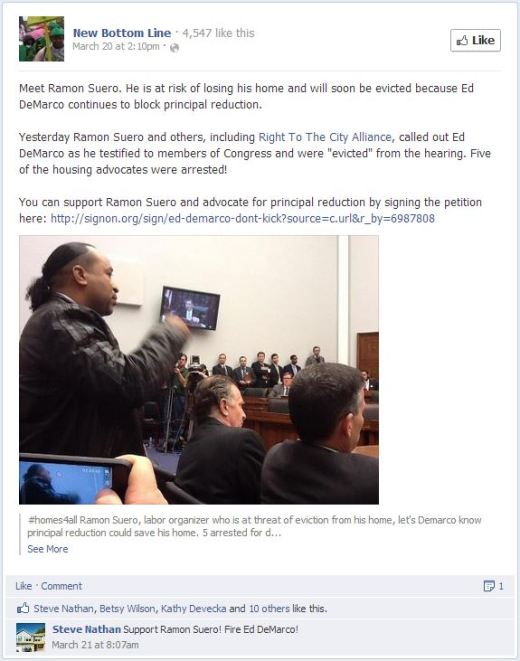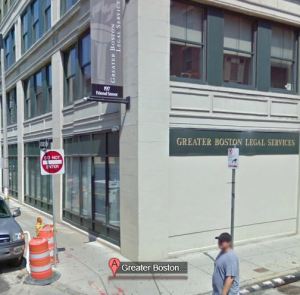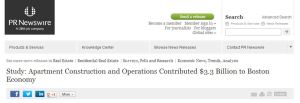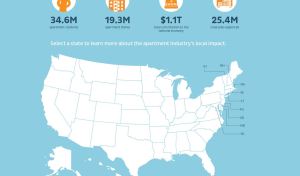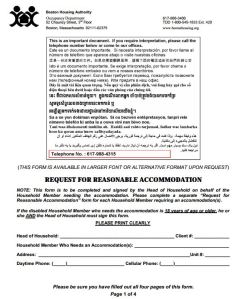BY JORDAN FRIAS
POSTED ON MARCH 26, 2013
There are some people out there who are determined to fight for a cause that they believe in. Ramon Suero is one of those people.
After interrupting a Senate house hearing on Federal Housing Finance Agency acting director Ed DeMarco last Tuesday, Suero and four other housing activists were arrested.
Suero is a member of a grassroots organization known as City Life/Vida Urbana located in the Brewery Building near the Stony Brook T stop in Jamaica Plain in Boston.
He is an immigrant from Dominican Republic whose house was foreclosed after his mother-in-law fell ill and his wife had to travel to the Dominican Republic to take care of her.
City Life/Vida Urbana has a mission to protect tenants, owners and landlords from banks like Freddie Mac who are purchasing foreclosed homes throughout the city and are refusing to sell them back to their previous owners at fair prices.
This isn’t the first time Suero has been involved in activism. He was fired from his job at a hotel for organizing a union on behalf of his fellow workers. Luckily, he was hired back a year later with the help of the group UNITE HERE Local 26.
Suero is one among many residents in Boston who are being evicted from their homes by Freddie Mac. He received a notice that he was going to be evicted on Feb. 1, but is currently fighting that eviction in court. Suero did not have the money to by his house back when it was foreclosed, but has the money now. At the time of the eviction, Suero tried to modify his home loan with Freddie Mac, but the bank wouldn’t let him.
Suero’s story is now becoming nationally known due to his activism. Suero has started a petition against DeMarco on SignOn.org which has gained over 3,000 signatures. (Read more about Suero’s cause here and other causes similar to his here).
The organization City Life/Vida Urbana holds weekly meetings to discuss current developments nationally and locally around the issue of evictions, foreclosures and affordable housing.
It was at tonight’s meeting that Ramon Suero’s case was brought up along with discussions around Ed DeMarco’s hearing and his possible replacement. Below is a video that was shown at the meeting:
The video above is courtesy of Shelterforce. Check out their blog post where the video originally came from here.
City Life/Vida Urbana also provides legal assistance to its members who are asked to pay a yearly fee of $15. Many of the legal advisers there are law students from Harvard University. Harvard has a Legal Aid Bureau of law students that work with members of City Life/Vida Urbana who are dealing with evictions. They meet with their clients every Tuesday night during weekly meetings held by the organization.
